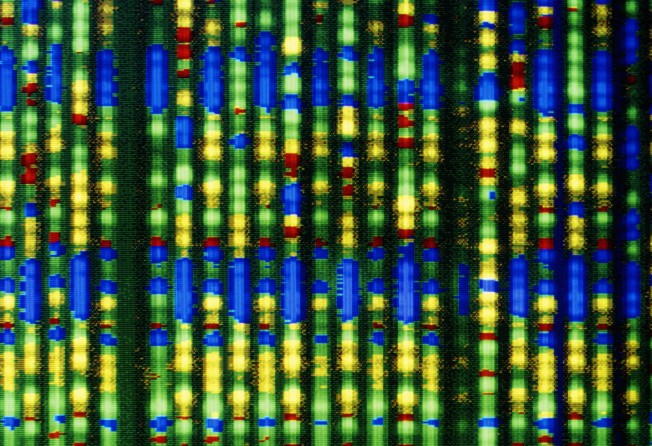Short Science, March 29, 2015

It's a shorter day on Saturn
A day on Saturn is 10 hours, 32 minutes and 45 seconds long, according to a new study that further demystifies the ringed gas giant. Saturn's rotation period had long left scientists scratching their heads - the sixth-furthest planet from the sun has no solid object on its surface to allow easy observation of the speed at which it spins. Nasa's Voyager spacecraft had previously used radio measurements to calculate a rotation of 10 hours 39 minutes and 22.4 seconds, while the Cassini space traveller came up with 10 hours 47 minutes and six seconds. The latest calculation was based on measurements of Saturn's gravitational field, and adjusted for the planet's shape and density. AFP
UN pulls out of partnership with Uber
The United Nations has pulled out of a partnership with Uber to encourage one million women to sign up as Uber drivers because of concerns about the controversial taxi app's failure to protect female drivers and passengers. Just two weeks ago Travis Kalanick, Uber's founder and chief executive, announced the partnership with UN Women. But following pressure from trade unions and women's rights organisations, the executive director of UN Women Phumzile Mlambo-Ngcuka has publicly cancelled the collaboration. The Guardian
Iceland study gains insight into genetics
Scientists who sequenced the entire genomes of 2,636 people in Iceland have produced a trove of information about human genetic variations. The researchers found genetic abnormalities long thought to doom their host to early death to be more common than has been believed. They also discovered new genetic contributors to such varied afflictions as Alzheimer's disease, liver disease and atrial fibrillation. By sequencing the full genomes of their subjects and comparing the results with less extensive genotype data from more than 104,000 other Icelanders, the teams identified more than 20 million genetic variants in the Icelandic population. They then cross-checked that information against Iceland's extensive genealogical and health care information records, which enabled them to document diagnoses and see how a disease might run through generations of a given family. As they did so, the role of many of those genetic variations in diseases became evident. Tribune News Service